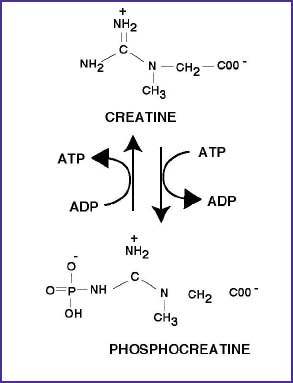Orang Mukmin Sentiasa Diuji
"Orang mukmin sama ada lelaki ataupun perempuan akan sentiasa diuji oleh Allah s.w.t, sama ada dirinya, anaknya ataupun hartanya sehinggalah dia menghadap Allah s.w.t tanpa dia membawa dosa sedikitpun." (Hadis riwayat Imam Tirmizi).

Balasan Syurga pada yang Sabar
"Tidak ada balasan kecuali syurga bagi hambaku yang beriman yang telah Aku ambil kembali kekasihnya (Aku mematikan seseorang yang disayanginya seperti anak, adik-beradik dan sesiapa sahaja yang di sayangi oleh seseorang) dari kalangan penghuni dunia dan dia hanya mengharapkan pahala daripadaKu (dengan bersabar). " (Hadis riwayat Imam Bukhari).

Jalan ke Syurga
Daripada Abu Abdillah Jabir bin Abdullah al-Ansari r.a bahawa seorang lelaki telah bertanya kepada rasulullah SAW: “Apakah pendapat tuan sekiranya saya melakukan solat-solat fardu (lima waktu), berpuasa di bulan Ramadhan, menghalalkan apa yang halal, mengharamkan apa yang haram dan tidak menambahkan sesuatu pun padanya, adakah aku akan masuk ke dalam syurga.” (Muslim)

Hijrah Satu Perjuangan
Dari Abdullah bin Mas’ud, katanya:”Bahawa Rasulullah s.a.w bersabda: “Tiap-tiap Nabi yang diutus sebelum saya mempunyai pengikut-pengikut dan sahabat-sahabat yang terpilih dari umatnya masing-masing; mereka itu berpegang kepada contoh Nabinya dan menuruti perintahnya; kemudian setelah zaman itu berlalu mereka disambung oleh generasi yang hanya pandai berkata, tetapi tidak bekerja,dan bekerja tetapi tidak menuruti pedoman-pedoman Nabinya. Sesiapa menentang kaum itu dengan kekerasan, mu’minlah ia, menentangnya dengan perkataan, mu’min pula, dan menentangnya dengan hatinya mu’min juga; dan telah habislah iman dari orang-orang yang tidak menentang kemungkaran, walaupun dengan hatinya.” (Muslim)

Senyum Adalah Satu Sedekah
Dari Jabir bin Abdullah r.a katanya:”Rasulullah SAW bersabda “Tiap-tiap perkara yang makruf menjadi sedekah. Antara perkara yang makruf itu ialah hendaklah engkau (semasa) bertemu dengan saudaramu (sesama anak Adam) biarlah dengan muka yang manis dan (kalau ada yang meminta air) hendaklah engkau tuangkan timbamu ke dalam bekas air yang dibawanya.” (Ahmad)












 8:46 AM
8:46 AM
 Nrf
Nrf









